In this post, we’ll delve into some of the top books for English literature students, comparing their strengths and weaknesses to help you make an informed decision. Whether you’re a high school student or a seasoned academic, these posts will provide valuable insights and enhance your literary journey.
Best Books for English Literature Students
1. A Midsummer Night’s Dream (c. 1595-6) – William Shakespeare
No exploration of English literature would be complete without delving into the works of the Bard. A Midsummer Night’s Dream is a delightful and accessible play, offering a whimsical escape into a magical forest. Shakespeare’s lyrical language and imaginative storytelling bring to life a world of enchanted lovers, mischievous fairies, and bumbling actors. By exploring this timeless classic, you can gain a deeper understanding of Shakespeare’s genius and the enduring power of love, laughter, and the transformative nature of dreams.
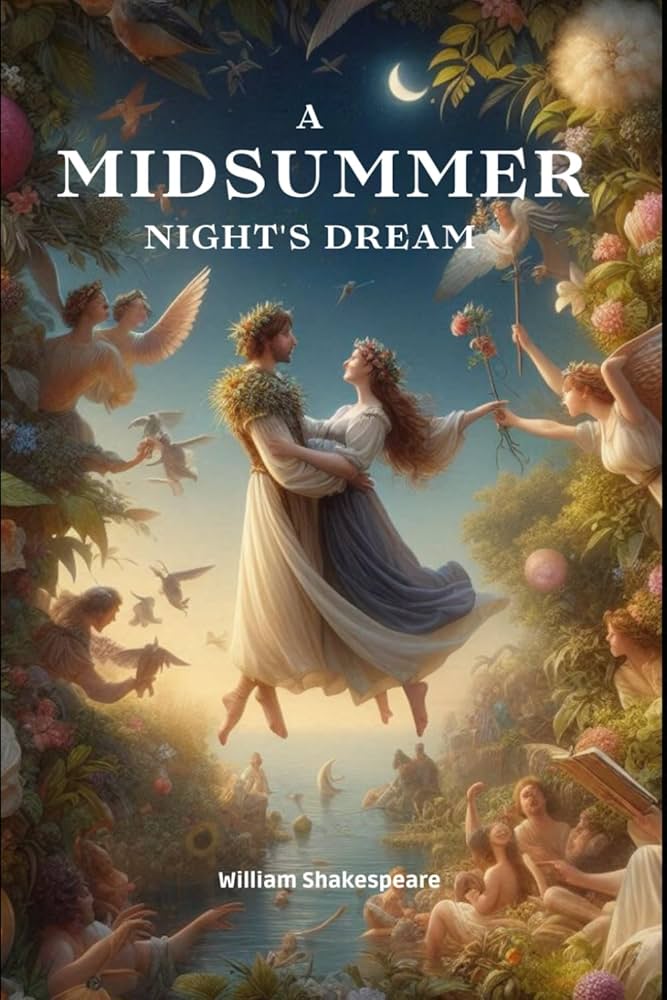
2. The Canterbury Tales (c. 1387-1400) – Geoffrey Chaucer
A timeless masterpiece, The Canterbury Tales is a collection of stories told by a diverse group of pilgrims on their way to Canterbury Cathedral. Chaucer, the master of storytelling, weaves together tales of love, deceit, morality, and social commentary. From the bawdy humor of the “Miller’s Tale” to the pious reflections of the “Parson’s Tale,” these stories offer a rich tapestry of human experience. By exploring the complex characters and their narratives, readers can gain valuable insights into medieval society and the enduring power of storytelling.
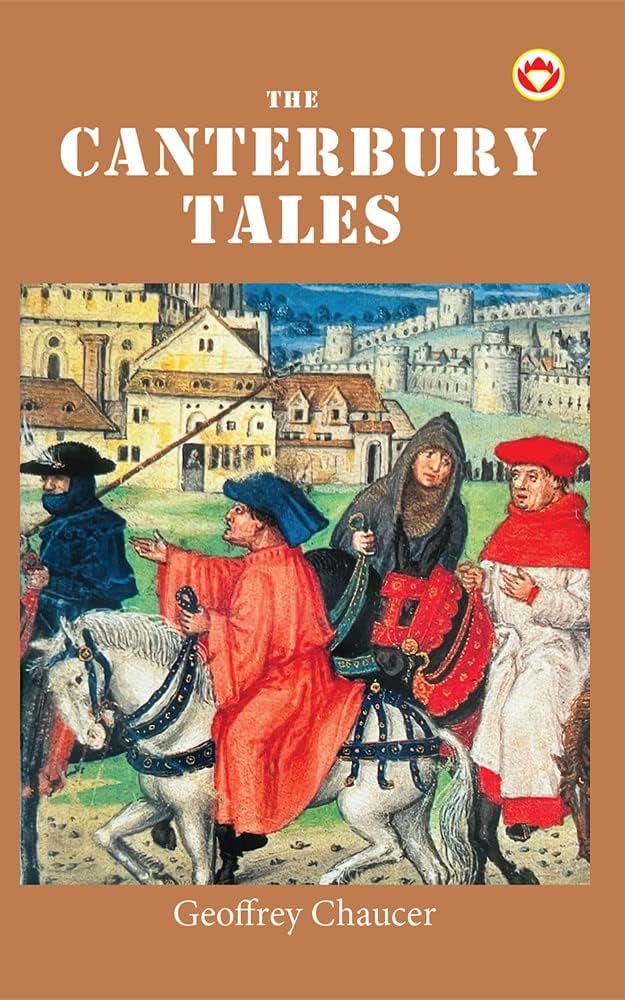
3. Mary Barton (1848) – Elizabeth Gaskell
While North and South may be Gaskell’s most famous work, Mary Barton is a powerful and thought-provoking novel that delves into the harsh realities of working-class life in 19th-century Manchester. Gaskell’s vivid portrayal of poverty, injustice, and social inequality brings to life the struggles of the working class, highlighting the human cost of industrialization. The novel’s gripping plot, filled with suspense, romance, and tragedy, makes it a compelling read for anyone interested in social history and literary fiction.
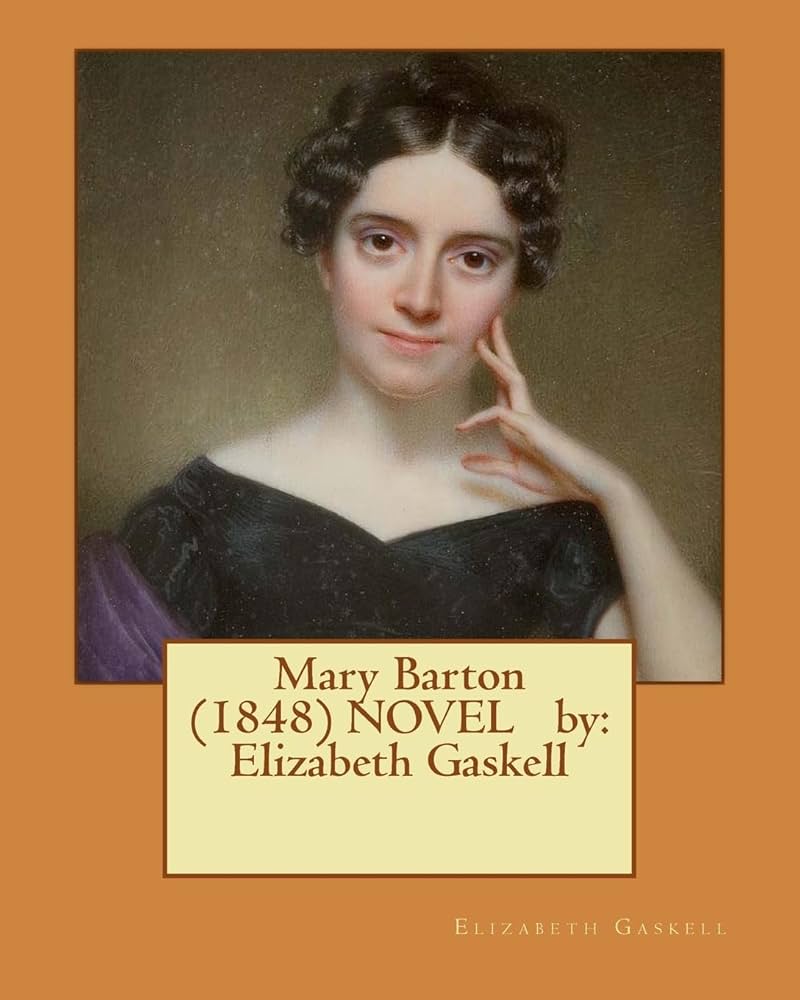
Read more:
4. A Doll’s House (1879) – Henrik Ibsen
Henrik Ibsen’s groundbreaking play, A Doll’s House, sparked controversy and ignited a debate about gender roles and societal expectations. Nora Helmer, the seemingly submissive wife, challenges the patriarchal norms of her time, revealing the suffocating constraints of her marriage. Ibsen’s powerful exploration of themes of identity, morality, and domesticity continues to resonate with audiences today.
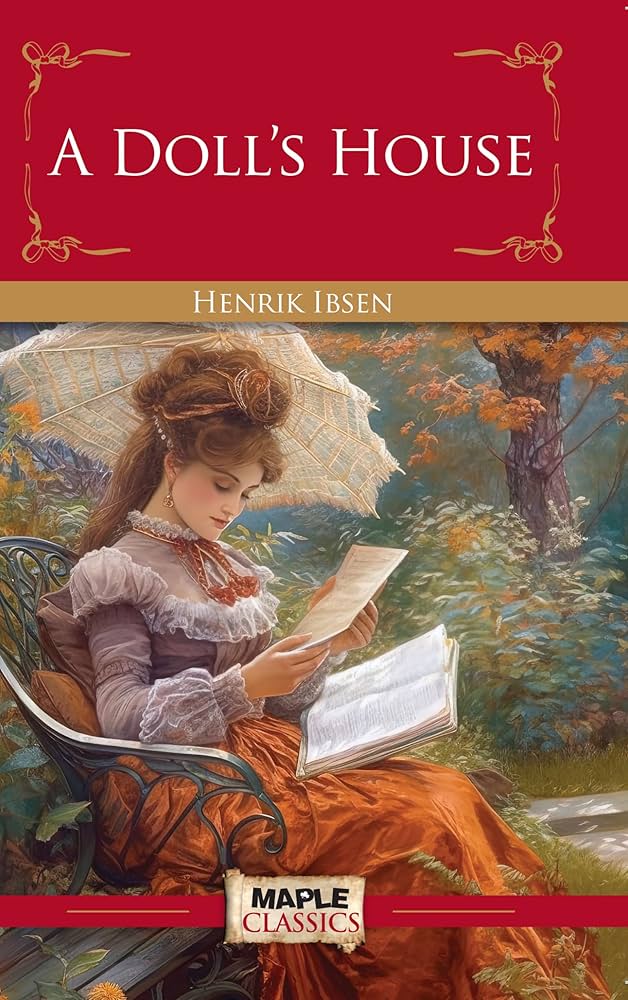
5. The Kite Runner (2003) – Khaled Hosseini
Khaled Hosseini’s The Kite Runner is a poignant exploration of friendship, guilt, and the enduring impact of historical events. Set against the backdrop of Afghanistan’s tumultuous history, the novel follows Amir, a young boy grappling with the consequences of a fateful decision. As he journeys through his past and confronts his mistakes, Hosseini delivers a powerful and emotionally charged story that sheds light on the human cost of war and displacement.
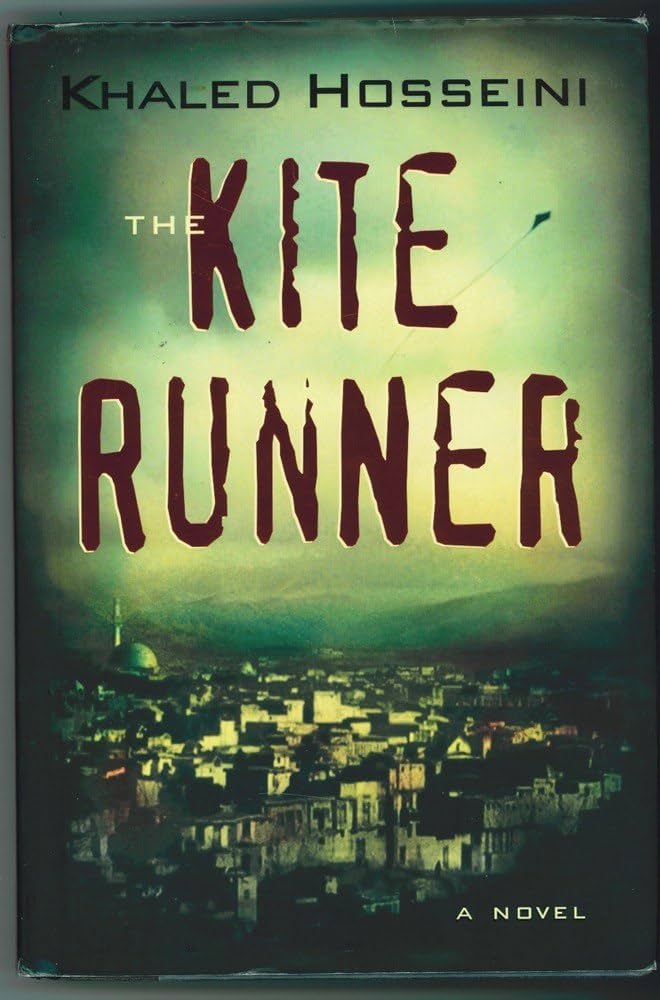
6. Emma (1815) – Jane Austen
While Pride and Prejudice may be Austen’s most well-known work, many critics consider Emma to be her most accomplished novel. This witty and insightful tale follows the adventures of the spirited Emma Woodhouse, a young woman who delights in matchmaking for others while remaining blissfully unaware of her own romantic potential. Austen’s keen observations of human nature, coupled with her sharp wit and elegant prose, make Emma a captivating and enduring read. Whether you’re a seasoned Austen fan or a newcomer to her work, Emma is a perfect choice to experience the brilliance of her storytelling.
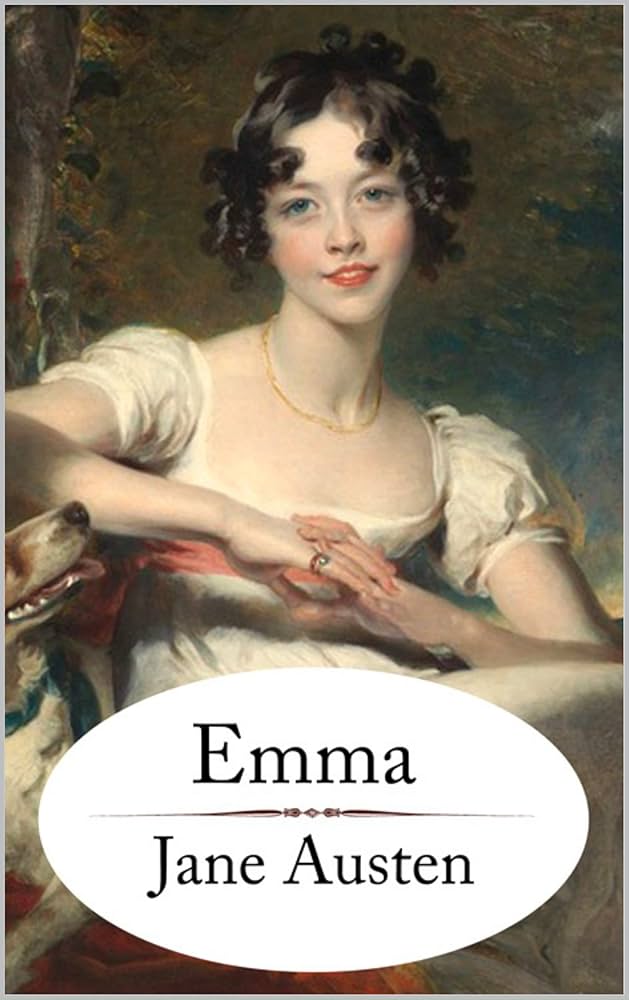
7. The Bell Jar (1963) – Sylvia Plath
The Bell Jar is a haunting and poignant exploration of mental illness and the complexities of womanhood. Sylvia Plath’s semi-autobiographical novel delves into the experiences of Esther Greenwood, a young woman struggling with depression and a sense of alienation. Plath’s raw and honest portrayal of emotional turmoil continues to resonate with readers, making this a timeless and essential work of literature.
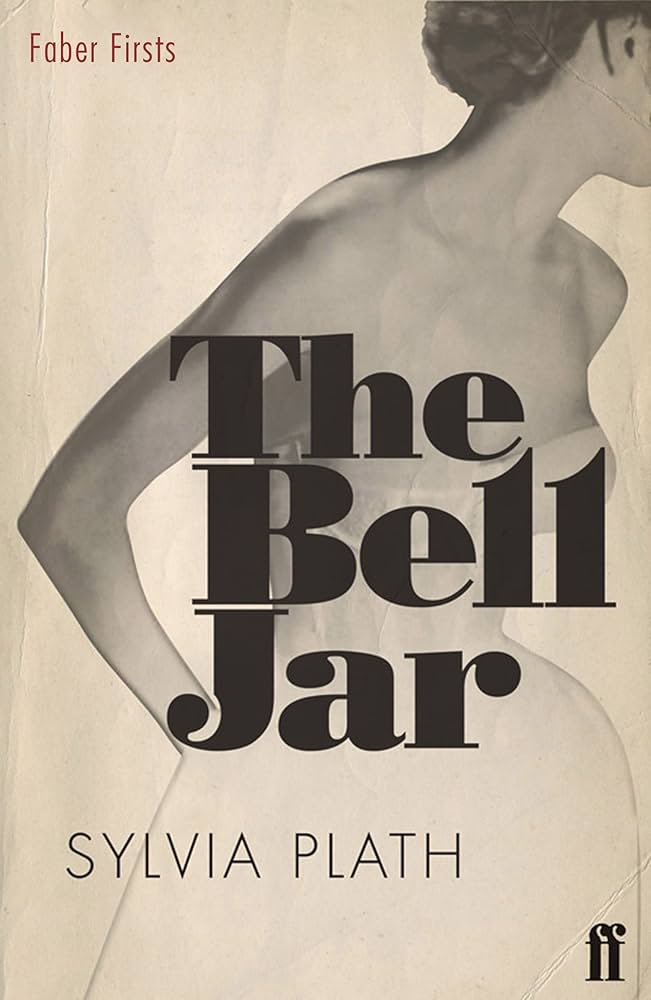
Tips for How to Start Reading English Literature
Feeling overwhelmed by the vast world of English literature? Fear not! Your literary journey is a personal one, and the key to success is to follow your own interests. Here are a few tips to help you get started:
- Explore Your Passions: Let curiosity be your guide. Whether it’s a specific author, time period, or theme, dive deep into what excites you.
- Embrace Diversity: Expand your literary horizons by exploring different genres, time periods, and cultural perspectives. This will enrich your understanding of the human experience.
- Challenge Yourself: Don’t shy away from challenging texts. Pushing your boundaries will not only improve your reading skills but also deepen your critical thinking abilities.
- Enhance Your Writing: Consider attending a summer program or workshop to refine your writing skills and gain insights into literary analysis.
In short, the beauty of English literature lies in its endless possibilities. So, embrace the journey and enjoy the literary adventure!